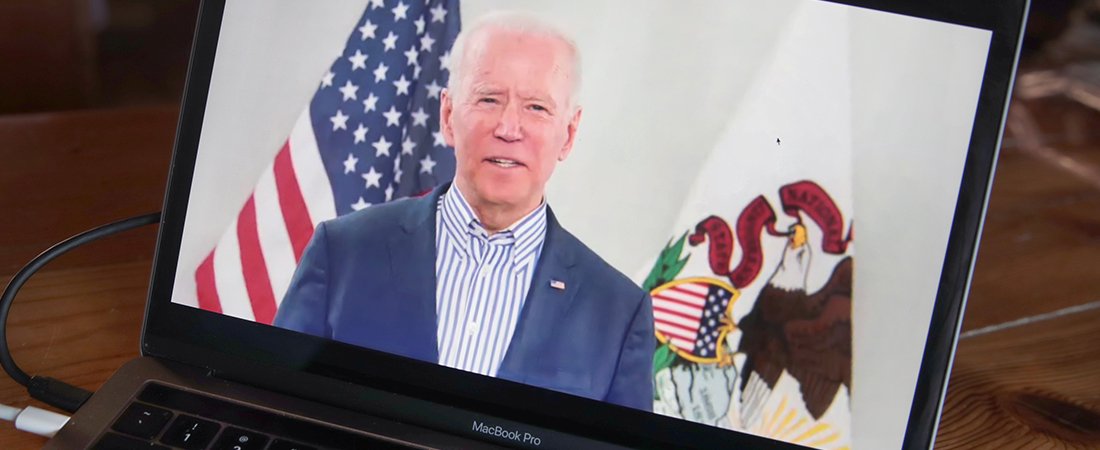We interrupt your regularly scheduled primary..
COVID-19 has upended the world and the US Presidential election is no exception. As the country has turned inward to deal with the effects of the pandemic, the Democratic primary race has experienced fundamental changes. Several states have postponed their primaries until the early summer. Consequently, the month of June, usually irrelevant in the primary process, now has the second most delegates on offer and will likely be the deciding contest in the cycle.
Normal election campaigning has been postponed: Rallies are prohibited to the chagrin of President Donald Trump and Vermont Senator Bernie Sanders. Former Vice President Joe Biden has begun to campaign from home, releasing videos criticizing the president’s response to COVID-19 and that of Republican governors in swing states. Biden hopes to draw a contrast in leadership and experience between himself and Trump, whose handling of the pandemic has drawn criticism. The president is however, enjoying an approval bump, something Biden attributes to the simple fact of being president. Voters will judge Trump on his handling of the crisis; Biden will continue to highlight the administration’s failings and present himself as the responsible alternative.
Come together
Biden can switch to presidential campaigning because of his strong performance in the March contests. In Michigan, a state Trump won in 2016, Biden built the voting coalition that abandoned Hillary Clinton in here quest for the White House. He won black voters in Detroit, white working-class voters in rural areas and suburban voters. Biden has outclassed his rivals in turning out Black American voters across Southern states and winning the suburban voters that were instrumental in giving Democrats control of the House of Representatives in the 2018 Midterm elections.
Sanders promised to turn out the young voters who show up to his rallies, but apparently not to the polls. Equally, Sanders made a significant investment in increasing Latino voter turnout. It didn’t work. Initial strong results among this voting bloc in Nevada and California have evaporated with Biden and Sanders splitting the Latino vote in the Southwestern state of Arizona, a Democratic target in 2020. Ultimately, voters in the Democratic primary have focused on one core trait, the ability to beat Donald Trump. Biden’s experience and offer of stability has convinced a majority of Democratic voters that he is best positioned to defeat an incumbent.
United we stand
A further issue that threatens to overshadow the primary is the question of what Sanders supporters will do when he doesn’t win the nomination. Biden will have to work hard to convince Sanders’ base that, though he is not their first choice, he will be much better than four more years of Trump. So long as Sanders remains in the race, he will exert pressure on Biden to move his policies farther to the progressive left before he endorses Biden.
To that end, Biden has made overtures to the progressive wing; vowing to pick a female running mate, adopting more progressive healthcare policies and endorsing Senator Elizabeth Warren’s progressive bankruptcy plan. Biden will need to improve his outreach to Latino voters as well who will play a key role in the general election, especially in swing states like Florida, Arizona, Nevada and Colorado.
They say Democrats fall in love while Republicans fall in line. In 2016, Republicans fell in line and voted for Trump; Democrats didn’t do the same for Clinton. Biden needs the full backing of the party if Democrats want to retake the White House, but it remains to be seen whether Sanders supporters will fall in line.

